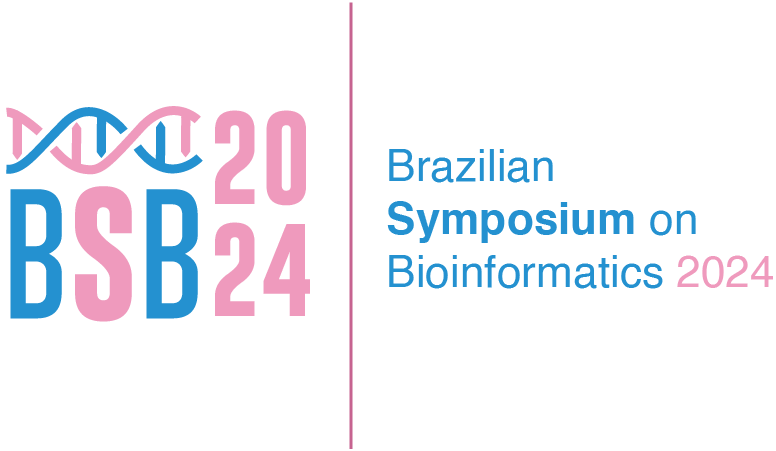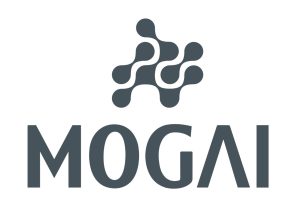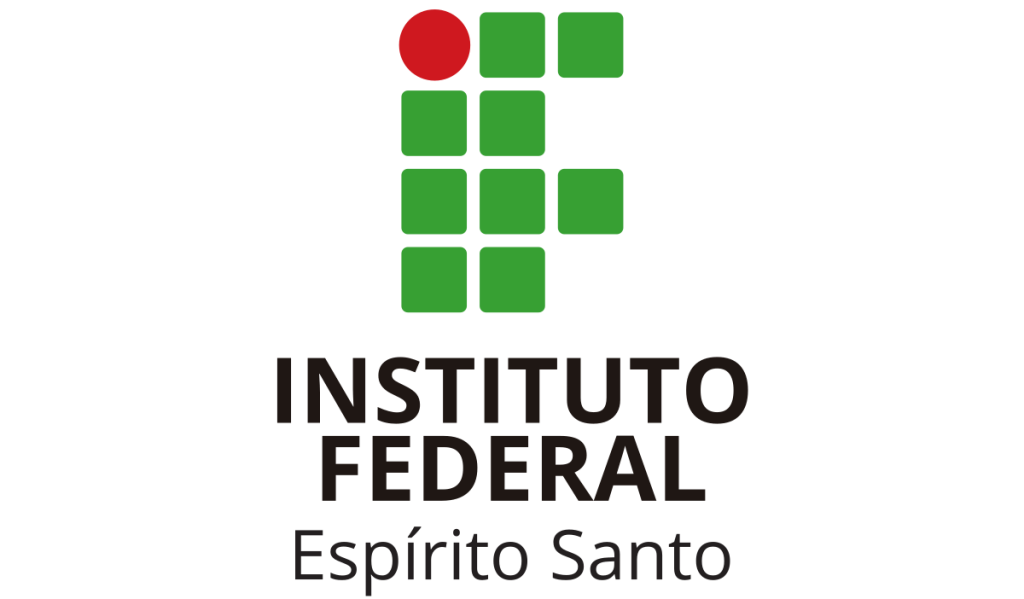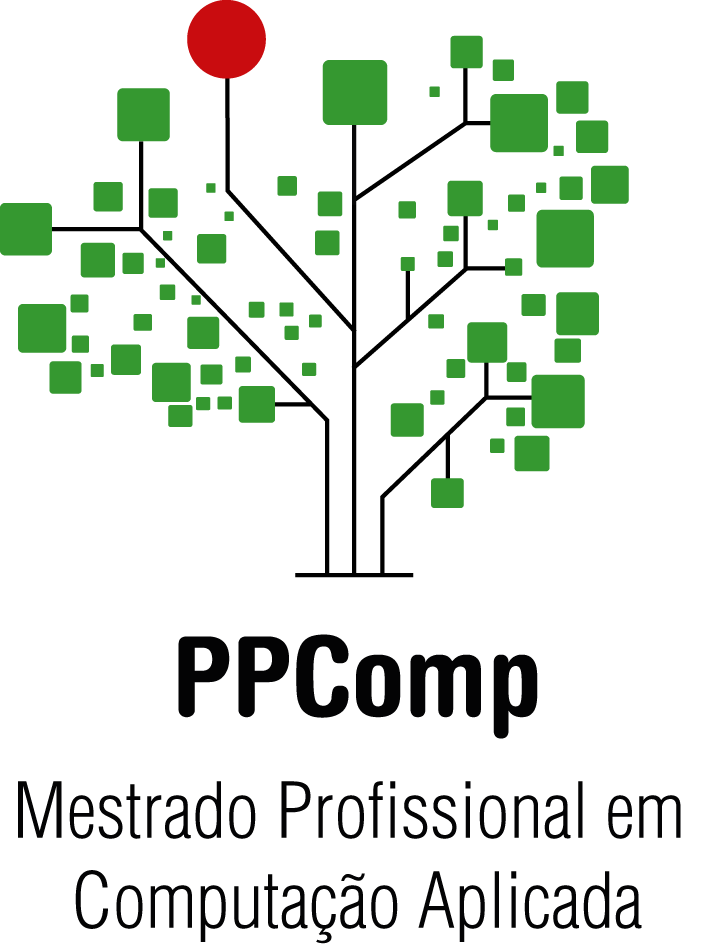17th Brazilian Symposium on Bioinformatics – BSB 2024
December, 2-4
Cidade da Inovação (IFES) – Jardim da Penha – Vitória – ES

Program Details
Keynote Speakers
For details on our keynote speakers, including profiles, research contributions, and topics they will be presenting, please refer to our keynote section:
Technical Sessions
Technical Session 1 (Monday 15:30 – 17:00) – Session Chair: Kele Belloze (CEFET-RJ, Brazil)
1) A computational pipeline for species- and strain-level classification of metagenomic sequences. Arthur Solano and Joao Setubal
2) Towards a simpler computational semantics for molecular biology. Luis Henrique Costa Neto and Sergio Lifschitz and Marcos Catanho and Antônio B. de Miranda and Edward Hermann Haeusler
3) Modeling cell signaling pathways through universal differential equations and joint inference of first-principle parameters and neural network weights. Cristiano Campos and Ronaldo Nogueira de Sousa and Hugo Aguirre Armelin and Marcelo Reis
4) Genomic and phylogenetic analysis of plant growth-promoting bacteria. Marcus Rodrigues and João Oliveira and Sandriele Noriler and Angelo Garcia and Ulisses Pereira and Ulisses Rocha and Admilton Oliveira Junior and Glaucia Maria Bressan
5) Tuning a predictive DNA replication programming computational model for Trypanosomatids. Bruno Scholl and Ligia Palma and Victor Seiji Hariki and Maria Carolina Elias and Marcelo Reis
6) A strategy for refining the calculation of contacts in protein-RNA complexes. Luana Bastos and Rafael Lemos and Diego Mariano and Raquel Cardoso de Melo-Minardi
Technical Session 2 (Tuesday 09:00 – 10:30) – Session Chair: Edward Hermann (PUC-RJ, Brazil)
1) AutoBioLearn: An Automated Data Science Framework for eXplainable Analyses (XAI) of Clinical Datasets. Lucas Pinheiro Badaró Moreira and Maria Laura Gabriel Kuniyoshi and Zofia Wicik and David Martins-Jr and Helena Brentani and Sérgio Nery Simões
2) Graph Attention Neural Networks Improving Molecular Docking Rank with Protein-Ligand Contact Maps. Glauco Lima and Simone Pantaleão and Isabelle Pereira and Ana Scott
3) A Comparative Study of CNN for Prediction of Human Cancer Types Integrating Protein-Protein Interaction Networks and Omics Data. Marilio Almeida and Sérgio Nery Simões and Karin Komati
4) Using graph-based structural signatures and machine learning algorithms for molecular docking assessment of histone deacetylases and small ligands. Alessandra Cioletti and Rafael Lemos and Lucas Moraes dos Santos and Diego Mariano and Raquel de Melo-Minardi
5) Optimized Neural Networks for Breast Cancer Classification Using Gene Expression Data. Ana Beatriz Valentin and Glaucia Bressan and Leonardo Canuto Junior and Elisangela Lizzi
Technical Session 3 (Best Paper Contenders; Tuesday 15:30 – 17:00) – Session Chair: João Carlos Setubal (IQ-USP, Brazil)
1) Teaching bioinformatics programming in high school: a case report. Helena Costa and Giovana Fiorini Maia and Lucas Moraes dos Santos and Diego Mariano and Raquel de Melo-Minardi
2) Squares in Cycles: Prediction of G-Quadruplexes in Circular RNA Secondary Stuctures. Ronny Lorenz and Peter Stadler
3) Unraveling Evolutionary Paths: Genomic Divergence and Geographic Secrets of Cylindrospermopsis and Sphaerospermopsis. Reno Nooblath and Daniel Gomes and Vinicius Abreu and Sintia Almeida
4) Comparison of computational fusion detection methods for short-read RNA-seq data. Lucas Oliveira and Victor Rigatto and João Meidanis
5) Towards a Surrogate-assisted PALLAS algorithm for Gene Regulatory Network Inference. Hugo Amorim and Luis Loo and Marcelo Lacerda and Ulisses Braga Neto and Fernando Buarque de Lima Neto
Technical Session 4 (Wednesday 09:00 – 10:30) – Session Chair: Glaucia Bressan (UTFPR, Brazil)
1) Heuristics based on Adjacency Graph Packing for DCJ Distance Considering Intergenic Regions. Gabriel Siqueira and Alexsandro Alexandrino and Andre Oliveira and Zanoni Dias
2) Predicting Mutation-Driven Changes in the SARS-CoV-2 Spike Protein Using Structural Signatures and Neural Networks. Eduardo Moreira and Leandro Morais and Sheila Cruz and Rafael Lemos and Ana Bastos and Alessandra Silva and Diego Mariano and Raquel C. de Melo-Minardi
3) Evaluating the Generalization of Neural Network-Based Pan-Cancer Classification Models for Cohort-Specific Predictions. Thomas Fontanari and Mariana Recamonde-Mendoza
4) Scaling Up ESM2 Architectures for Long Protein Sequences Analysis: Long and Quantized Approaches. Gabriel Oliveira and Helio Pedrini and Zanoni Dias
5) COCaDA – Large-Scale Protein Interatomic Contact Cutoff Optimization by Ca Distance Matrices. Rafael Lemos and Diego Mariano and Sabrina Silveira and Raquel Cardoso de Melo-Minardi
6) In silico study of the impact of the PRKAG2-H401Q mutation on AMPK affinity for AMP and ATP. Jorge Fernandez
Poster Session Alpha (Monday 17:00 – 18:30)
P01 – A bioinformatics approach to define host-element boundaries using Microviridae phages and casposons as study models
P03 – A genomic approach to the selection of growth-promoting bacteria in maize using reverse ecology
P05 – A Tm-value prediction system and molecular dynamics analysis of AmNA-containing gapmer antisense oligonucleotides
P07 – Antimicrobial Resistance Genes in Oligotrophic Ecosystems: An Evolutionary Insight from Microbialites and Microbial Mats of Cuatro Ciénegas
P09 – Beyond mutations: Human Cytomegalovirus as a driver of heterogeneity in Glioblastoma
P11 – Characterization of Psychiatric Disorders Cataloged in the DSM-5 Through a Network Approach
P13 – ClusterONE Web: a web tool for detecting and visualizing overlapping protein complexes in protein-protein interaction networks
P15 – Comparative Genomic Analyses Highlight the Crucial Role of Mobile Genetic Elements in Paenibacillus strains
P17 – De novo transcriptome assembly and annotation for gene discovery in Euterpe edulis
P19 – Discovery of Conditionally Independent Networks Among Gene Expressions in Breast Cancer Using Fast StepGraph
P21 – Enhancing Enzyme Generation with Fine-Tuned Conditional Transformers
P23 – Exploring Genetic Determinants of Post-COVID-19 Dyspnea: An Exome Sequencing Approach
P25 – Gene Expression Patterns and Their Impact on Muscle pH in Four Swine Genetic Groups
P27 – Genome mining unveils the Algibacter genus as a treasure trove of biologically-active compounds
P29 – Group I introns in the mitochondrial genomes of Trichoderma spp.
P31 – Homology-based quantification of the fibrosis in the CT image: A proof of concept for CT image feature-assisted gene expression prediction
P33 – In silico validation of Linear B-Cell epitopes using Machine Learning: A proposed approach with organisms of genus Trypanosoma
P35 – Metabarcoding reveal Fusarium decemcellulare as the potential causal agent of the emergent disease in Coffea canephora
P37 – Molecules of the Amazon: Integration and Centralization of Data on the Amazon Flora and its Biomolecules
P39 – Network Pharmacology and UHPLC-ESI-Q-TOF-MS/MS Approaches to Explore Active Compounds and Mechanisms of Acerola Seed Hydroethanolic Extract in Obesity Treatment
P41 – Nuclear Segmentation of Oncology Microscopy Images through Convolutional Neural Networks: A Comparative Analysis
P43 – Predicting side effects of drug combinations in realistic experimental settings
P45 – Sialic Acid Enzymes Database
P47 – The potential role of the JAK/STAT pathways in the progression of depressive and anxiety disorders in Long COVID
P49 – The role of polyploid giant cells in cancer progression and their potential as therapeutic targets: a bioinformatic overview
P51 – Transcriptomic analysis of Crassostrea gigas oysters exposed to tamoxifen demonstrates alterations in cancer-associated metabolic pathways
P53 – Transcriptomic Analysis Reveals a Novel MicroRNA in Porcine Fetuses from Gilds Supplemented with L-Arginine
P55 – Unlocking The Anti-aging Potential: In silico Analysis of Astaxanthin, Curcumin, Quercetin, and Resveratrol in Modulating Skin Aging Pathways
P57 – Large scale analysis of sialic acid incorporation mechanisms of microorganisms from intestinal microbiota
Poster Session Beta (Tuesday 17:00 – 18:30)
[Download here the poster abstracts of this session!]
P02 – A Curated Dataset for Machine Learning Training to Predict Novel Peptide Inhibitors of Voltage-Gated Sodium Channels in Drosophila suzukii (Matsumura, 1931)
P04 – A graphical bioinformatics tool for delineating viral taxonomic levels
P06 – Analysis of rbd-spike interactions of sars-cov-2 omicron variants with ace2 through molecular dynamics
P08 – Application of Machine Learning Algorithms for Identification of Viruses in Dark Matter from Next-Generation Sequencing
P10 – Bioinformatics analysis revealed that NOTCH1 expression in Glioblastoma Multiforme patients and Glioma Stem Cells is associated with impaired cellular OXPHOS and low immune infiltration
P12 – Classification of HIV genomes through graph comparison and analysis
P14 – Comparative Analysis of Supervised Classifiers in Predicting COVID-19 Severity Using Data from 239 Exomes
P16 – Comparative Genomic Analyses reveal key characteristics for the Biocontrol and the Promotion of Plant Growth in Paenibacillus Strains
P18 – Development of a web system responsible for automating the process of validating three-dimensional proteins
P20 – EEG-Based Schizophrenia Classification Using Vision Transformers and Microstate Analysis
P22 – Evaluation Of Machine Learning Models In Identifying Neurological Complications Of Covid-19: An Integrated And Comparative Analysis
P24 – Exploring hybrid dynamic modeling of ordinary differential equations and data-driven models: From validation to expansion assisted by high-resolution mass spectrometry
P26 – Genetic study of patients with persistent neurocognitive sequelae after COVID-19
P28 – Genomic insights into the association between carbohydrate transporters and antimicrobial resistance in Staphylococcus aureus
P30 – Harnessing Integrated Informatics and Molecular Simulation to Predict Antibody Epitopes on Viral Envelope Glycoproteins
P32 – Identification of Genetic Alterations in Patients Who Developed Physical Fatigue as a Long COVID Condition
P34 – Investigation of UDE-based approaches for cell cycle modeling
P36 – Metagenomics and Bioinformatic tools in Agricultural Microbiome
P38 – Multi-omics systems biology approach identifies novel signature genes for neuropsychiatric disorders
P40 – Non coding variants near the NOTCH1 gene are associated with frailty criteria in Brazilians older adults
P42 – Predicting aggregation region in proteins with machine learning based on tertiary structure: web platform
P44 – Predictive Modeling Of Post-covid-19 Hair Loss: Insights From Machine Learning And Logistic Regression
P46 – SP crime: A Python package for merging São Paulo criminal and medical data
P48 – The Role of Indel Variants in COVID-19: Unveiling Frequency Patterns and Potential Clinical Significance
P50 – Topology-based pan-cancer analysis of DLK1-DIO3-derived microRNA roles
P52 – Transcriptomic analysis of the aged female omentum. Insights on metastatic invasion in a mouse model of ovarian cancer
P54 – Tumor-Regeneration Interplay: Systems Biology and New Models in Comparative Study with Therapeutic Insights
P56 – Verdict: An Interactive Web Tool for Exploring Disease Modules and Drug Targets within the Human Interactome
P58 – Improvement of the assembly and Annotation of the Trypanosoma cruzi Genome Using Hi-C Data
P60 – Helix-Shifts and Incongruence in RNA Evolution
Mini-course (It will be held in Portuguese)
Título: Introdução ao Aprendizado de Máquina para Bioinformática
Palestrante: Ronaldo Nogueira, bacharel em Ciência da Computação (UFG, 2019) é doutorando em Bioinformática na USP. Sua pesquisa foca em técnicas avançadas de Aprendizado de Máquina e Inteligência Artificial para elucidar mecanismos moleculares em vias de sinalização, especialmente no contexto da biologia do câncer.
Resumo:
O crescente volume e variedade de dados experimentais exige ferramentas para extração de padrões que possibilitem a exploração dos dados e a elucidação de hipóteses biológicas. Este minicurso introduz o Aprendizado de Máquina, abordando seu histórico, principais paradigmas e modelos. Demonstrações práticas serão realizadas em Python usando bibliotecas como Sklearn, PyTorch e/ou Tensorflow, com aplicações em Bioinformática.
Idioma: O minicurso será realizado em português (The minicourse will be held in Portuguese).
Público-alvo: Estudantes de graduação e pós-graduação com formação em ciências biológicas ou áreas de exatas.
SBMF (Brazilian Symposium on Formal Methods)
The SBMF (Brazilian Symposium on Formal Methods) will be a co-located event with BSB 2024. SBMF activities will begin on Wednesday, December 4th, at 2:00 pm, following the conclusion of BSB, which ends at 12:30 pm.
We invite all participants to join us for SBMF (https://sbmf24.ifes.edu.br/) and take advantage of this opportunity for knowledge exchange in formal methods and related fields.











